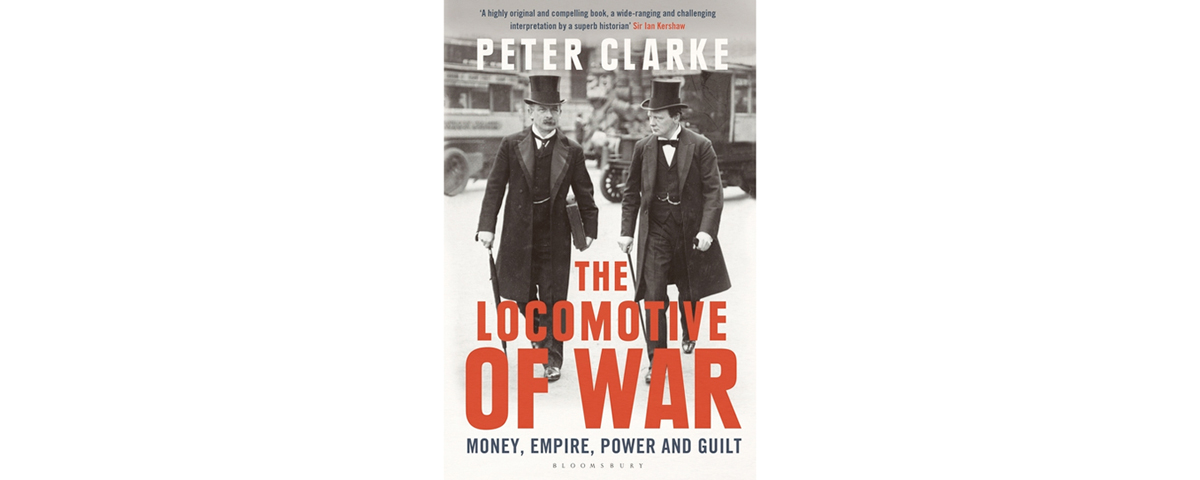The Locomotive of War: Money, Empire, Power and Guilt, by Peter Clarke, Bloomsbury Press, London, 2017, $30
War, Russian Marxist revolutionary Leon Trotsky once observed, is the locomotive of history. British scholar Peter Clarke explores that premise, as well as the moralistic idiosyncrasies of Anglo-American warmaking in the early 20th century, in this provocative new book.
A former professor of modern history at Cambridge University, the author paints a vivid portrait of the principal statesmen and prominent thinkers—David Lloyd George, Winston Churchill, John Maynard Keynes, Woodrow Wilson, et al.—responsible for Allied decision-making during World War I. Occasionally unsparing, these intimate personal sketches place some of the more curious decisions of the war in context. Wilson’s initial response to the sinking of the civilian luxury liner Lusitania in May 1915, the reader learns, may have been influenced by his budding romance with a wealthy widow.
Inspired by the moral traditions of enlightened interventionism, meanwhile, British liberals like Lloyd George declared war on Germany in August 1914 for invading Belgium and violating that nation’s neutrality. Similarly Wilson spoke of selflessly fighting to secure “peace and safety to all nations” when the United States finally entered the war in April 1917. Lloyd George and Wilson, moreover, sought to hold Germany legally and morally culpable for the war during the peace negotiations in Paris in 1919 and adamantly insisted on reparations for the aggrieved Allies. French politicians, on the other hand, cared little for “national rights of self-determination” and other Anglo-American pieties, demanding instead that Germany agree to retributive indemnities and the return of Alsace and Lorraine.
Allied policy makers on both sides of the Atlantic, however, were soon made aware of the transformative economic consequences of the Great War. Britain, Clarke notes, began the conflict as the world’s premier creditor nation and the center of global finance; by 1918, however, the British war effort was sustained largely by loans procured from the United States. Nor did the strains of war collapse the economies of the advanced capitalist countries, as Trotsky had prophesied. In fact, from 1914 to 1918 the economy of the United States grew an astounding 24 percent, while the cash-strapped British also posted significant gains.
Shifting seamlessly from the palatial Hall of Mirrors at Versailles to the bloodstained beaches of Gallipoli, The Locomotive of War is a richly engaging tale of morals, money and war.
—Warren Wilkins





